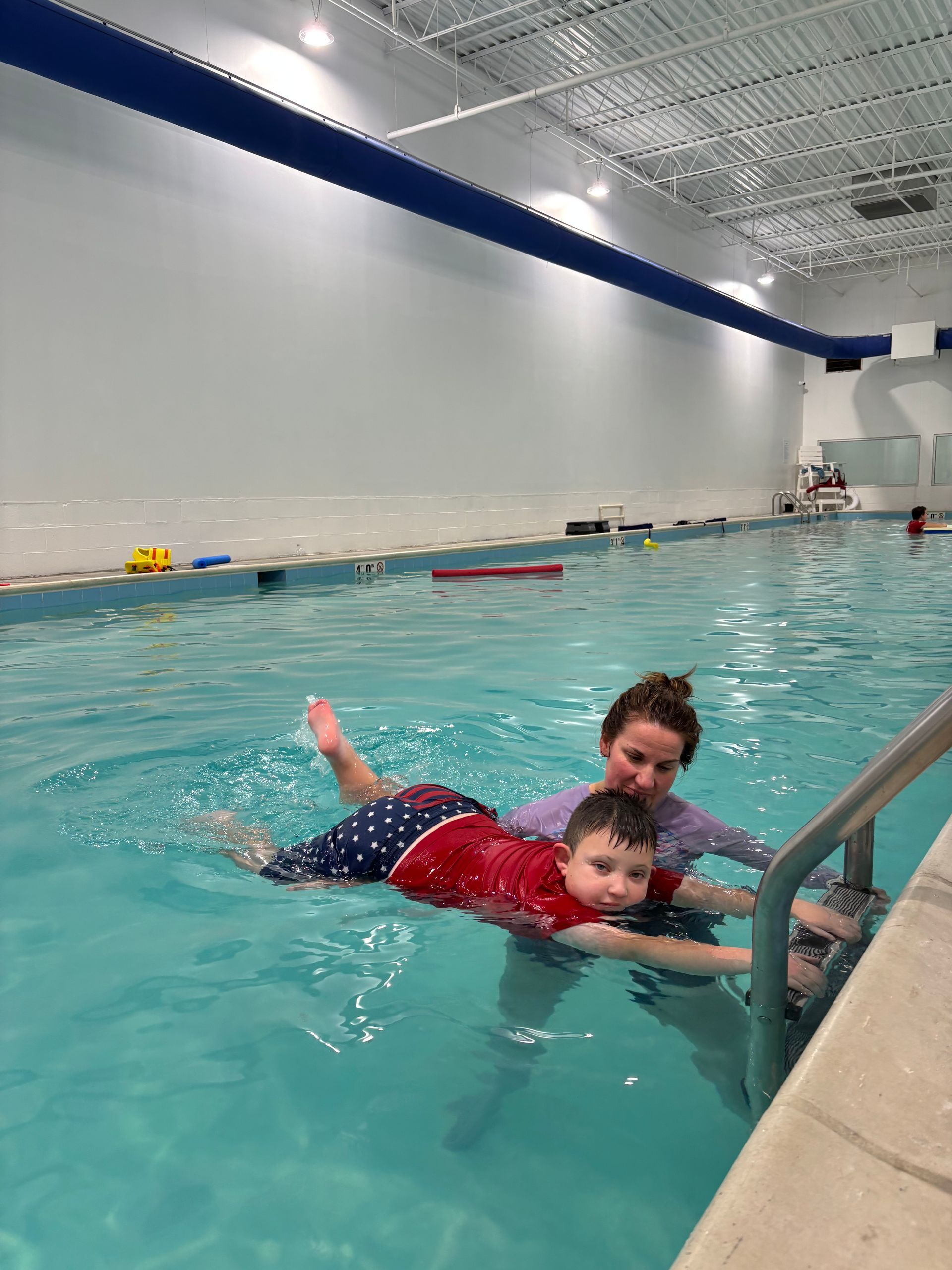It's Never too Early to Prioritize Health
It's Never too Early to Prioritize Health
In this month's podcast episode "It's Never too Early to Prioritize Health", we are fortunate enough to be joined by Dr. Chukwuemeka Obidi, a pediatrician at Meritus Health in Hagerstown, MD who is an amazing advocate in our community for helping families get serious about making healthy choices by walking alongside them through the journey and supporting them through the highs and the lows of lifestyle changes. He recognizes that changing diet and exercise habits sometimes requires big lifestyle changes and this can be overwhelming for families. However, he also explains a few of the reasons it is so important to address obesity as soon as possible such as: increased risk of future bone and joint problems, higher rates of heart disease and diabetes, closely linked to mental health concerns, poor self image and bullying. Dr. Obidi helped us dive deeper into some of the psychosocial aspects associated with obesity and provided us with some great resources to help facilitate the transition to a healthier lifestyle in a manageable and sustainable way.
Getting healthy: what does that really mean?
Everyone in our society has heard the term "getting healthy" but what does that really mean? What does that look like? And why isn't it as easy as it sounds? This blog post is going to highlight some of the barriers that exist to living a healthy lifestyle, some of the risk factors associated with childhood obesity, and some key takeaways/resources to empower families to start making healthier lifestyle choices.
What are some of the barriers that families face in the quest to getting healthy?
- Culture/family structure that is centered around enjoying meals together can lead to a lot of pressure from family members to make unhealthy food choices
- Marketing and advertisements constantly encouraging children and families to consume high calorie, high fat, low nutrition food
- Parents are exhausted and overwhelmed by their busy lifestyles that often requires juggling working, getting kids to/from school, extracurriculars, etc
- Parents aren't sure which sources they can trust as recommendations for healthy choices change frequently
- Healthier food may cost more than unhealthy options
- To truly address childhood obesity, the whole family needs to commit to the process of changing their physical activity and diet habits and this can be really overwhelming to families
- Having conversations around lifestyle changs and obesity can be very uncomfortable and it can be hard to truly recognize and address the issue head on
What are some of the risk factors for obesity?
- Mental health concerns/high stress levels can lead to using food as a coping strategy
- Decreased physical activity
- Poor sleep hygiene
- Genetic predisposition
What are some Statistics?
Childhood obesity is a worldwide pandemic with a staggering 14.7 million children and adolescents in the US being classified as "obese" (having a BMI in the 95th percentile for their age group). These rates are highest among adolescents, but as many as 12.7% of children ages 2-5 are impacted by obesity. In a society plagued by unhealthy food choices, encouragement of sedentary lifestyles between school, increased screen time, desk jobs, etc. and the high levels of stress and poor sleep hygiene, it's no wonder many Americans feel overwhelmed with trying to live a healthy lifestyle.
What are some things I can start doing today to improve my health?
- Address the underlying problem. If you are using food as a coping strategy to manage your mental health, reach out to a therapist to find healthier strategies to support your physical and mental health.
- Find a healthcare professional (nutritionist/dietician/PCP) or fitness professional (physical therapist/personal trainer/fitness coach, etc.) to walk alongside you during your journey and help you develop and stick to your exercise regimen. Remember that living a healthy lifestyle is a marathon not a sprint, and it is okay to have bumps along the road. What matters at the end of the day is that you surround yourself with people who will support you and encourage you when you are doing great and help inspire and lift you up when you need a little extra motivation.
- Talk to your family members and try to get everyone involved with the decision to get healthy. Family involvement has been found to be closely associated with successful changes in diet and exercise habits and total weight loss.
- Be intentional with your plans for physical activity. Set a clear goal and make a concentrated effort to meet it. Easy ways to do this include: Find ways to integrate it into your daily routines (examples: going for a 15 minute walk during your lunch break, playing outside for an hour after school before starting homework, walking the dog around the neighborhood instead of letting him/her out in the backyard, etc.). Find things that the family and the child enjoy and use those as motivators to make exercise fun.
- Decrease screen time as it encourages sedentary behavior, or make it a motivator/reward that can be earned by making healthy choices. (example, first I will do a 30 minute workout, then I can watch one TV show).
What other resources can I look into?
- Healthychildren.org (American Academy of Pediatrics)
- Healthykidshealthyfuture.org
- WIC program, Washington County: 240-313-3335, Frederick County: 301-600-2507
- Doctoryum.org
If you have any questions regarding childhood obesity or think you are ready to live a healthier lifestyle, contact your local health care provider to develop your support system and discuss strategies that may be the most effective for you and your family!
Disclaimer: ***Before drastically changing your diet or exercise habits or starting a new fitness or diet regimen, please consult with your physician. The advice stated above are generalizations based on data trends and are not meant to be used as specific health care recommendations.
Sources:
Childhood Obesity Facts | Overweight & Obesity | CDC
Dabas A, Seth A. Prevention and Management of Childhood Obesity. Indian J Pediatr. 2018 Jul;85(7):546-553. doi: 10.1007/s12098-018-2636-x. Epub 2018 Feb 19. PMID: 29457204.
link to above citation: Prevention and Management of Childhood Obesity - PubMed (nih.gov)
Gray LA, Hernandez Alava M, Kelly MP, Campbell MJ. Family lifestyle dynamics and childhood obesity: evidence from the millennium cohort study. BMC Public Health. 2018 Apr 16;18(1):500. doi: 10.1186/s12889-018-5398-5. PMID: 29807535; PMCID: PMC5971431.









